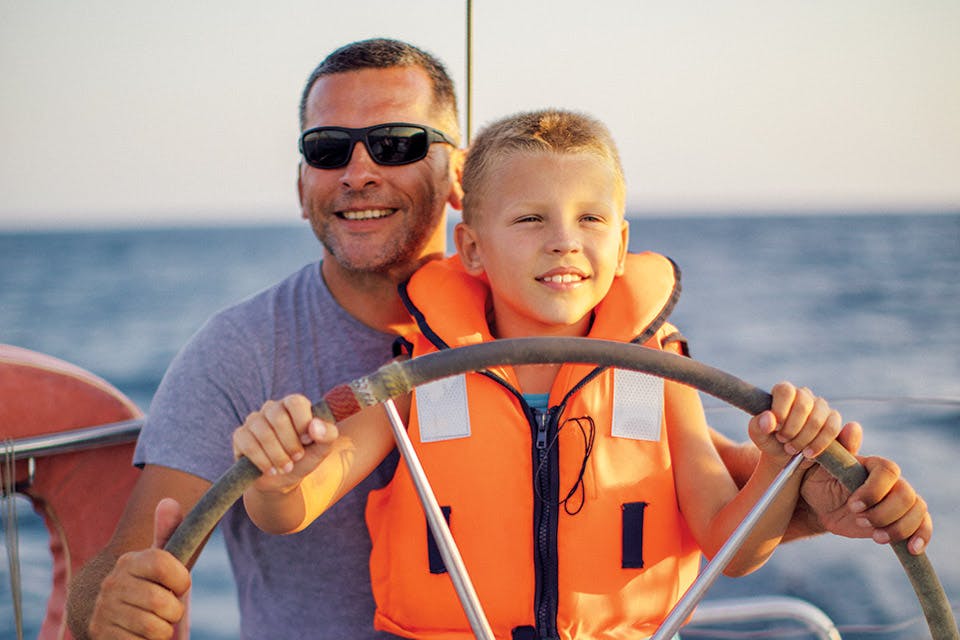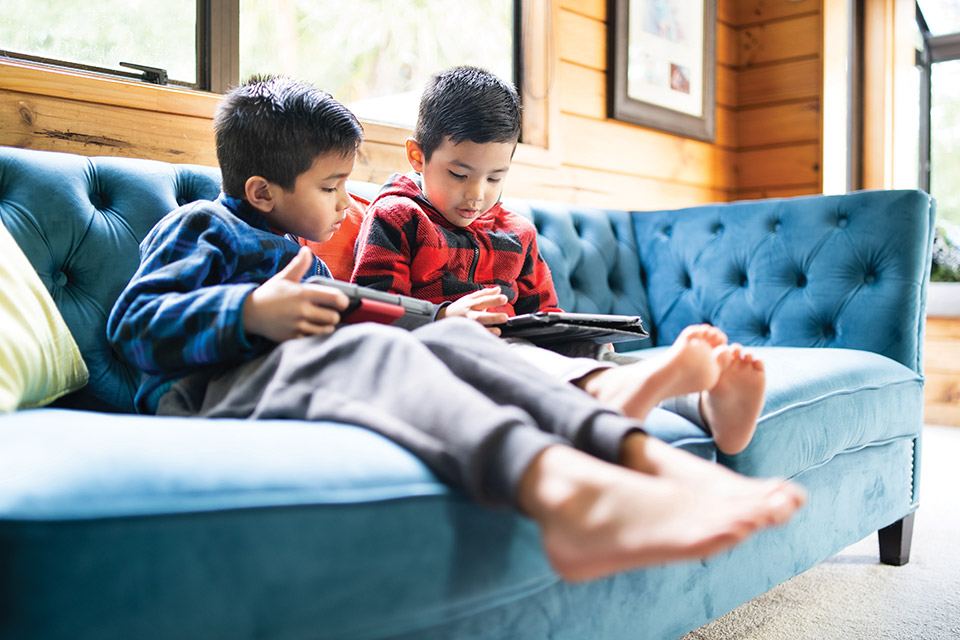Ohio Life
| Live Well Ohio
Live Well Ohio: July/Aug. 2021
Review these boating safety tips before hitting the water this season, and get advice for helping the children in your life protect their vision.
Related Articles
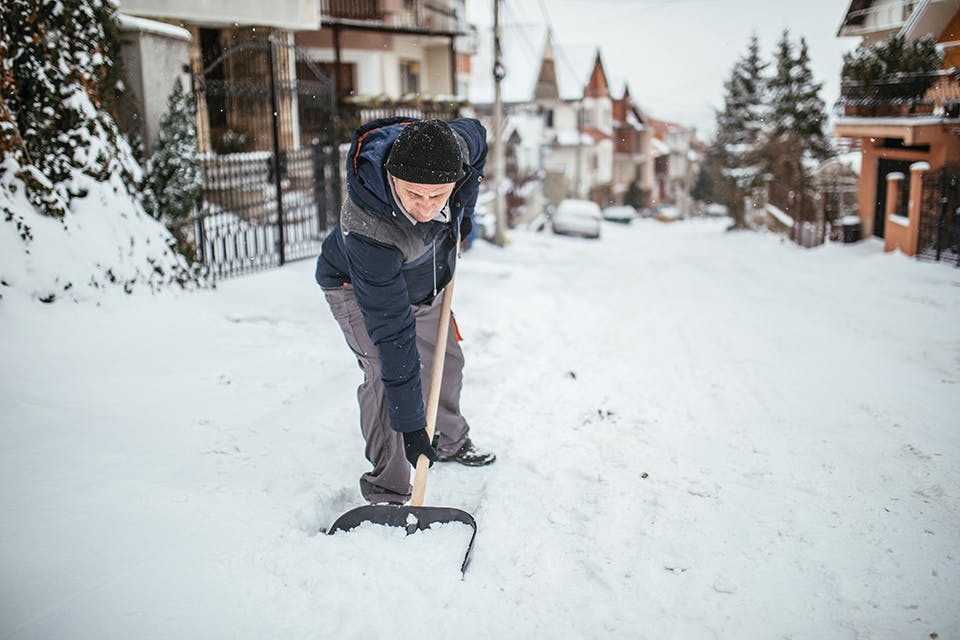
Live Well Jan./Feb. 2024
How to prevent common hazards in and around the home and cold weather arrives. Plus, Dublin resident Greg Ruf shares his work to bring awareness to a lesser-known heart condition. READ MORE >>
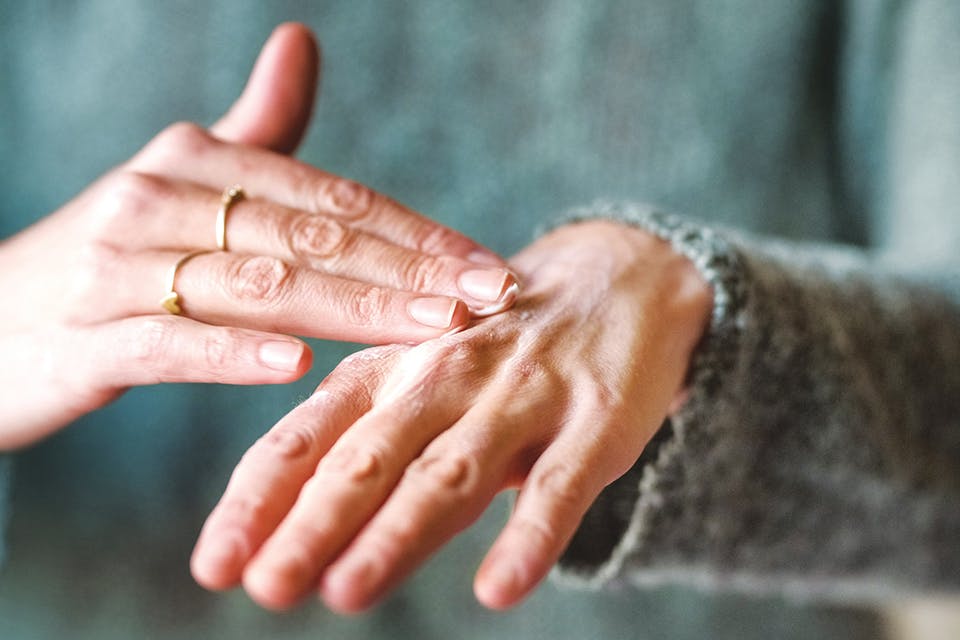
Live Well Ohio: Nov.-Dec. 2023
Follow these five strategies to help combat dry skin this winter, and learn the lifestyle modifications that can help those at risk for developing diabetes. READ MORE >>
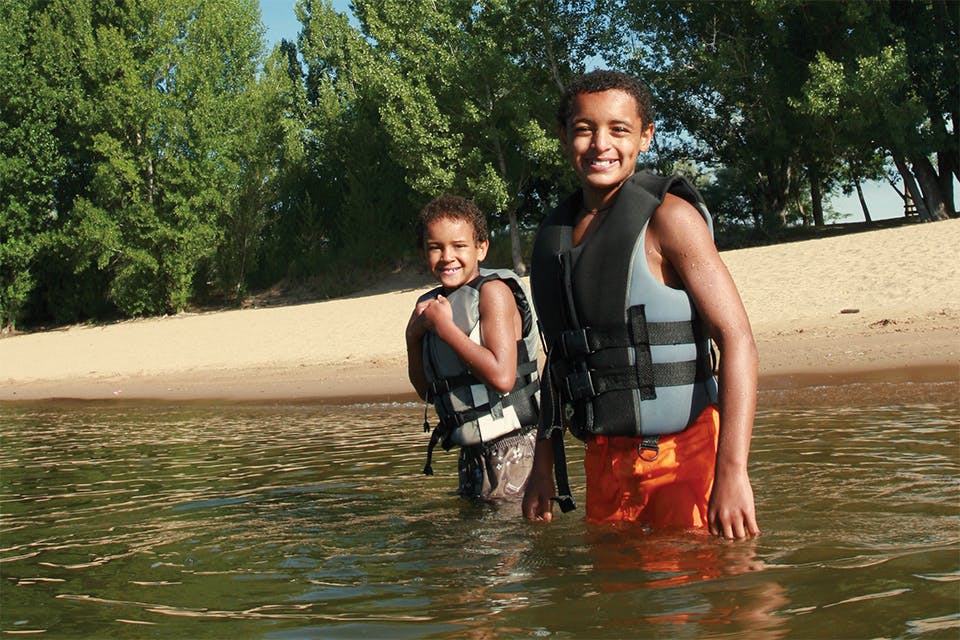
Live Well Ohio: July/August 2023
The Ohio Department of Natural Resources offers advice for staying safe on Ohio’s inland lakes, and a doctor shares how to help protect the health of your brain. READ MORE >>


